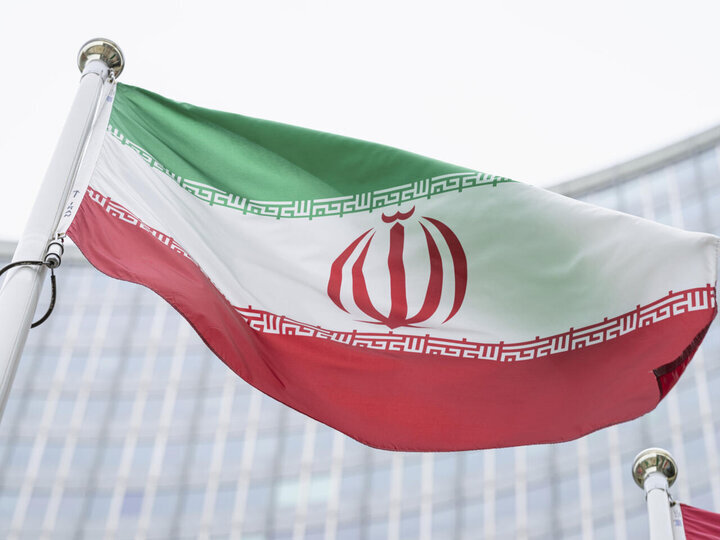“It is true that the IAEA should not expect the Islamic Republic of Iran to continue broad and friendly cooperation,” a spokesman for Iran’s Atomic Energy Organization (AEOI) said on state television when asked how Tehran would respond if the solution was passed by the IAEA board.
Press TV quoted Kamalbandi saying that Iran warned in a previous resolution but had not paid attention. As a result, production of 60% concentrated increased seven times, 20 chains were launched and advanced 13th generation machines were installed.
He said Tehran has prepared a list of measures if such a resolution is passed in Monday’s session.
Kamalvandi said that part of the measure was technical and part of it relates to the nature of Iran’s cooperation with the agency.
“We have repeatedly emphasized that the enrichment was not above 60% and that an instantaneous increase in enrichment occurred due to technical conditions (such as the reduction in feed in centrifuge machines). This issue was resolved after consideration, but the media and resolutions passed quietly,” he said.
The spokesman emphasized that Europeans are attempting to adopt anti-Iranian resolutions to trigger a snapback mechanism in the coming months.
Europeans are reportedly planning to submit a resolution to the IAEA Committee at the conference. This creates a window that will cause a snapback of all UN sanctions on Tehran under the 2015 nuclear deal before the mechanism expired in October.
The IAEA resolution could further complicate nuclear talks between Iran and the United States. Tehran has already committed to taking decisive measures if the snapback mechanism is activated.
In a Friday post to his X account, Iranian Foreign Minister Abbas Aragci warned the UK, France and Germany about the “malignant behavior” of drafting a resolution, calling it a “strategic mistake.”
“After years of good cooperation with the IAEA, my country is once again accused of “violation” after a resolution that shuts down the malicious allegations of the “possible military aspects” (PMD) of Iran’s peaceful nuclear program,” writes Araguchi.
Saturday’s IAEA report accused Tehran of further increasing its enriched uranium stockpile. Tehran called the report a totally prejudiced and politically motivated.
The IAEA report claimed that Iran has rapidly increased its stockpile of uranium enriched to up to 60%, close to the approximately 90% level required for atomic weapons.
In its quarterly report, the agency said as of May 17, Iran had enriched an estimated 408.6 kilograms of uranium by up to 60%, showing an increase of 133.8 kilograms since the previous report in February.
Iran has been accused of being “political” and has disproportionately reported by the UN nuclear watchdog agency, and said it was drafted under European pressure.
MP/

